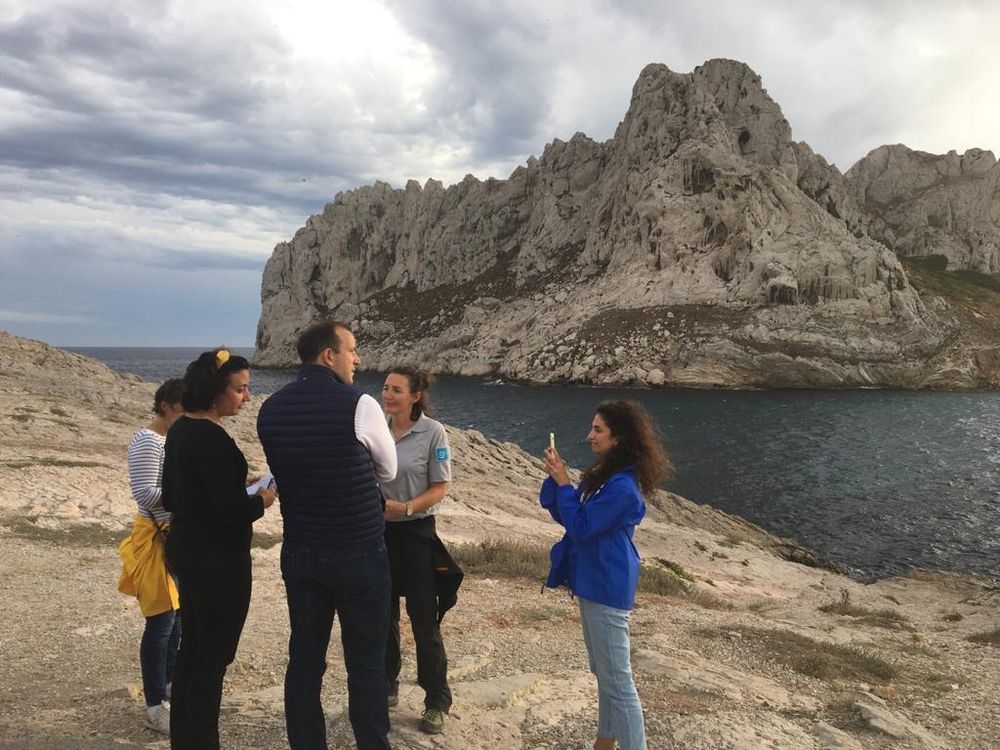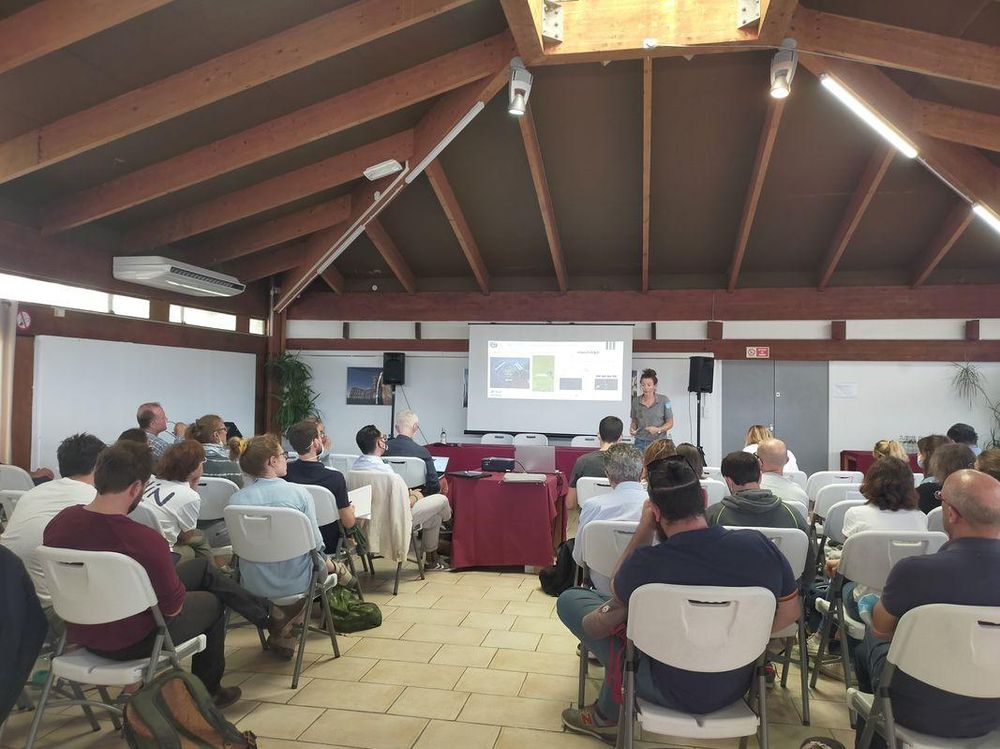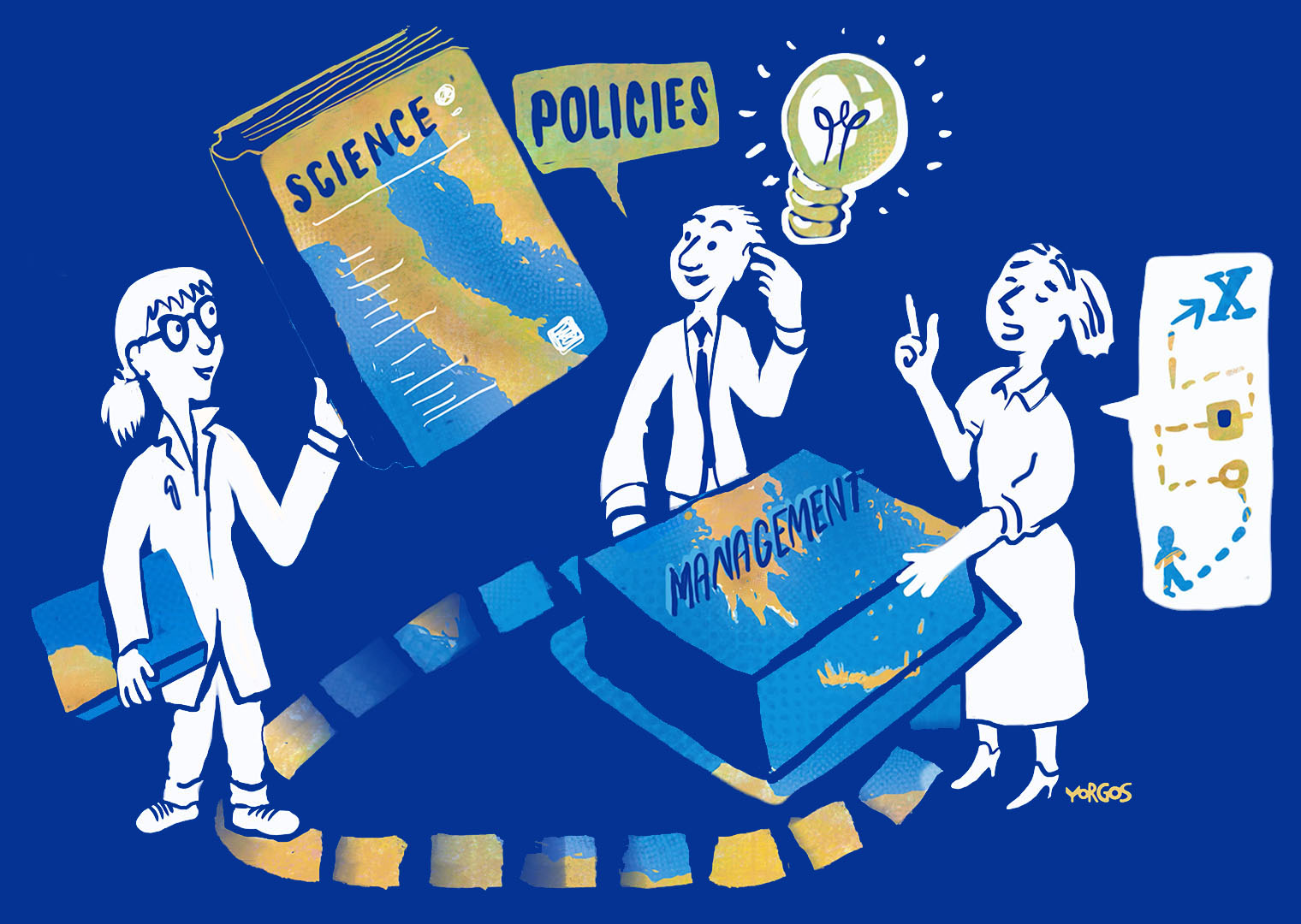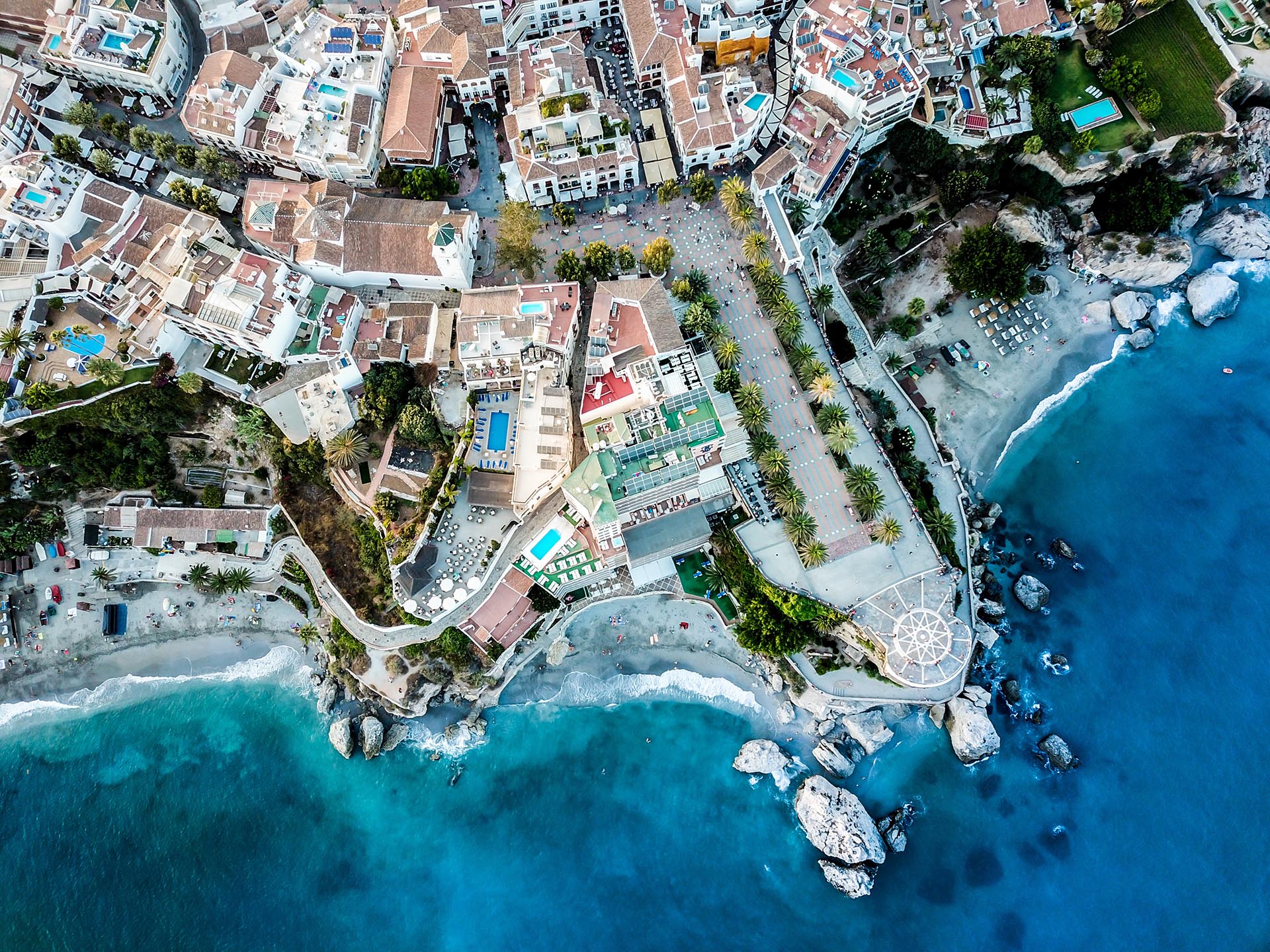MPA Engage
Guiding Mediterranean MPAs through the climate change era: building resilience and adaptationProject presentation
Climate change is dramatically affecting the Mediterranean Sea, which is warming at a rate 20% faster than the world’s average. Marine Protected Areas (MPAs), despite the nature-based solution they offer to support efforts towards climate change adaptation and mitigation, are the first ones to feel the climate change effects. Several Mediterranean MPAs are already facing major biodiversity and functional alterations due to climate change, whereas others will likely face them in the next few decades. There is, therefore, an urgency to mitigate these risks and to consider adaptation options in partnership with local communities, decision-makers, civil society organizations, research bodies, and other socio-economic actors at local, national and regional level.
MPA-ENGAGE aims primarily to support Mediterranean MPAs to adapt to and mitigate the ongoing climate change effects in the Mediterranean Sea. Through a participatory approach, MPA-Engage monitor in a harmonized way the climate change impacts, elaborating vulnerability assessments and developing climate change adaptation action plans in 8 Marine Protected Areas located in 7 Mediterranean countries.

Partnership
Lead partner
CSIC - Institute of Marine Sciences (Spain)
13 Partners
31 Associated partners
8 Pilot sites
14 Countries
Key messages
For managers
- The main goal of EcoSUSTAIN was the maintenance of biodiversity and natural ecosystems employing more robust management and networking of protected areas;
- Efficient management of protected areas can be achieved with innovative, concrete, sustainable and transferable tools and methods that the project will implement;
- Improving management means including a knowledge base and specification of a joint monitoring methodology.
For policy
-
The EcoSUSTAIN project has generated strengthening of integrated management, cooperation, and networking between protected areas;
-
Networking of protected areas needs to be strengthened by supporting more intensive cooperation between competent public authorities and key stakeholders, including local communities and associations.
-
Networking and harmonization of the practices make sustainability policies more effective
For science
-
The Mediterranean region heavily depends on natural ecosystems: they are essential drivers for socio-economic development, quality of life and wellbeing of citizens, territorial attractiveness, and consequently, the economic value of the entire area;
-
The pilot action of the project have worked on the implementation of live water quality monitoring, leading to improved conservation status.
-
Outcome of the project was the implementation of an action plan, water monitoring software for long and short-term solutions.





